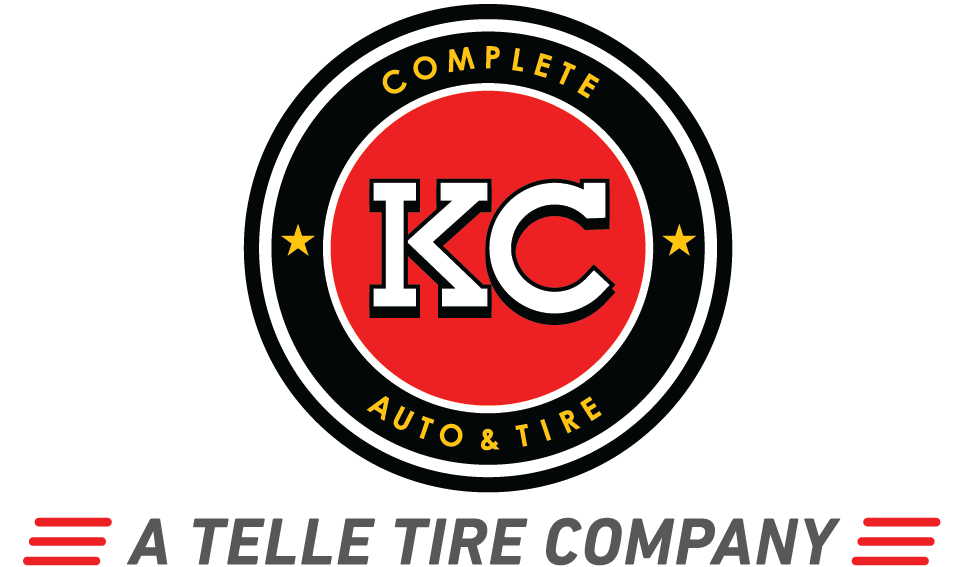Is My Factory Warranty Void if I Don’t Service My Car at the Dealership?
As a vehicle owner, you know that having it properly maintained is essential, not just to keep the manufacturer’s warranty valid, but to also keep it running and avoid potentially costly repairs down the road.
Sometimes, scheduling services with the car dealership can be difficult. Trying to work around your own calendar to find a date and time that works for you is tough, especially if you need to wait for your vehicle to be finished. Using a professional automotive shop is usually an easier solution, but many vehicle owners fear their warranty coverage will be voided if they choose this route. The good news is that servicing your vehicle at an auto shop of your choice will not void the warranty. But, you will need to ensure you head to the right auto shop for any maintenance service.
The Complications of Vehicle Warranties
A car warranty is a great thing to have. Warranties can save you quite a bit of money in routine maintenance costs and repairs. But understanding what exactly is covered or what modifications will affect your warranty can be confusing. To ensure you get the most out of it, it’s important to understand what will – and will not – void your vehicle warranty. Here’s what to know about vehicle warranties:
- It is illegal for a dealer to deny your warranty coverage because you went elsewhere for maintenance or repairs. However, a dealer or manufacturer can require using select repair facilities should the work being performed be completely covered under your warranty.
- Installing aftermarket or recycled parts will not void a warranty. However, if the parts are covered under your warranty, the manufacturer or dealer can require you to use only the parts they specify. Aftermarket or recycled parts can also further complicate warranty coverage if the specific part ends up being defective or improperly installed and damages another part that is covered under warranty. These instances can make it easy for a car manufacturer or dealer to deny your coverage, claiming the added part caused the issue, but they will need to prove it was the cause of necessary repairs in order to deny the coverage.
- Keep all service records in the event you need to use your warranty. Regardless of who performs your service or maintenance, having those records will provide further proof that you have been following your car’s maintenance schedule, supporting your claim and lessening the chance of denial.
Actions that May Void a Warranty
Whenever warranty work is necessary, the dealer files a claim with the manufacturer or warranty company for reimbursement. While having service performed elsewhere won’t void your warranty or leave you footing the bill, there are some actions that will.
- Vehicle with Salvage Title: Anytime a vehicle is in a severe accident, it’s given a salvage title, essentially eliminating the entire warranty. If you’re purchasing a used car through a private sale or even a small dealership, make sure you are given the vehicle’s history report.
- Misuse of Vehicle: While this can be widely interpreted, if it’s determined the vehicle has been misused, the entire warranty can be voided. This typically includes using the vehicle for racing or other competitions, overloading the vehicle, or off-roading in a vehicle that was not designed to handle such conditions.
- Environmental Damage: Damage caused by fire, flood, hailstorm, earthquake, or other environmental disasters will end up voiding the full warranty.
- Altering the Odometer: If the vehicle’s odometer is found to have been disconnected, tampered with, or replaced, the dealership will be unable to determine the exact mileage, thus voiding the entire warranty. As with title verification, be sure to get the vehicle’s history before purchasing.
- Neglecting Routine Maintenance: Some people can go years without performing regular maintenance, like oil changes. Failure to follow this maintenance schedule means the dealer is not responsible for repairing any damage that will most likely occur to the engine.
- Using Dirty or Improper Fluids: Whether you perform your own maintenance or visit a less-than-reputable repair shop, accidentally using the wrong fluids can result in damage that will not be covered under warranty. This can include reusing old oil, using diesel rather than gasoline, or even the incorrect type of oil for your engine.
- Damage from Modifications or Aftermarket Parts: As stated previously, dealers may be able to deny a warranty claim if they are under the impression that a modification or aftermarket part was the cause of damage to the vehicle. The dealer will need to prove that the modification or part was improperly installed or caused the component failure in order to deny repair coverage.
Vehicle Warranty vs. Extended Warranty
If you’ve ever been through the car-buying process, you’ve undoubtedly received a sales pitch from the dealership regarding an auto service contract or extended warranty. But the vehicle comes with a manufacturer warranty, so why would you need another? While they may sound similar, there are many differences between the two auto warranty types.
The manufacturer’s warranty is what comes with the vehicle at purchase. It’s essentially a contract you agree to that says the manufacturer will repair certain defects or malfunctions within a specific amount of time after you purchase the car (such as 10 years after purchase) or through a certain mileage (such as 60,000 miles). All brand-new vehicles will have a manufacturer warranty and some used cars will, as well, depending on their age and mileage.
An extended warranty, or auto service contract, from a dealership does not fit the definition of “warranty” based on federal law. These are sold specifically by car manufacturers, dealers, and independent companies and are contracts that state certain repairs or services will be performed and/or paid for by that entity. Auto service contracts can be purchased at any time and can vary in cost, length of coverage, and type of coverage, and some may cover routine maintenance such as oil changes, tire rotations, and more.
Determining if Your Vehicle is Still Under Warranty
When a repair is necessary, the first thought is usually whether it is covered under your vehicle’s warranty or if you’ll have to pay out of pocket. If you can’t quite remember, there are steps you can take to determine whether your vehicle is still under warranty or not.
- Locate and write down your VIN number. This is the unique, 17-character code comprised of letters and numbers that identifies your specific vehicle. You can find it typically just outside of the windshield on the driver’s side under the wiper blade, inside the driver’s side door, under the hood, within the spare tire compartment, inside the rear driver’s side wheel well, or on your vehicle’s paperwork.
- Check your mileage. Because many warranties are dependent upon the mileage of your vehicle, you’ll want to check your exact mileage for verification. Be sure to write it down before making any phone calls.
- Call the dealership. With your VIN and mileage handy, give your dealership a call and let them know you are inquiring about your car warranty. If you aren’t working with a particular dealership, any location that sells your specific make (i.e. contact a local Ford dealership if you drive a Ford Focus) will be able to tell you if your warranty is still active based on your VIN and mileage information.
The biggest thing to remember about your warranty is that it is not based on the model year of your vehicle. The activation date is based on the date of purchase, so don’t reference your owner’s manual to determine whether or not you still have one. In some circumstances, you may also find it easier to check your warranty status via online tools, such as running a Carfax report, but in most cases, there is an additional fee to access the information.
Get Professional, Reliable Service at Telle Tire
Whether you need routine scheduled maintenance or a vehicle repair, visiting an automotive shop you can trust to provide excellent work is essential. Trust the pros at Telle Tire to ensure your regular maintenance and automotive services are performed professionally and correctly to keep your warranty valid. Contact our team today to schedule an appointment or stop by your nearest location today.


